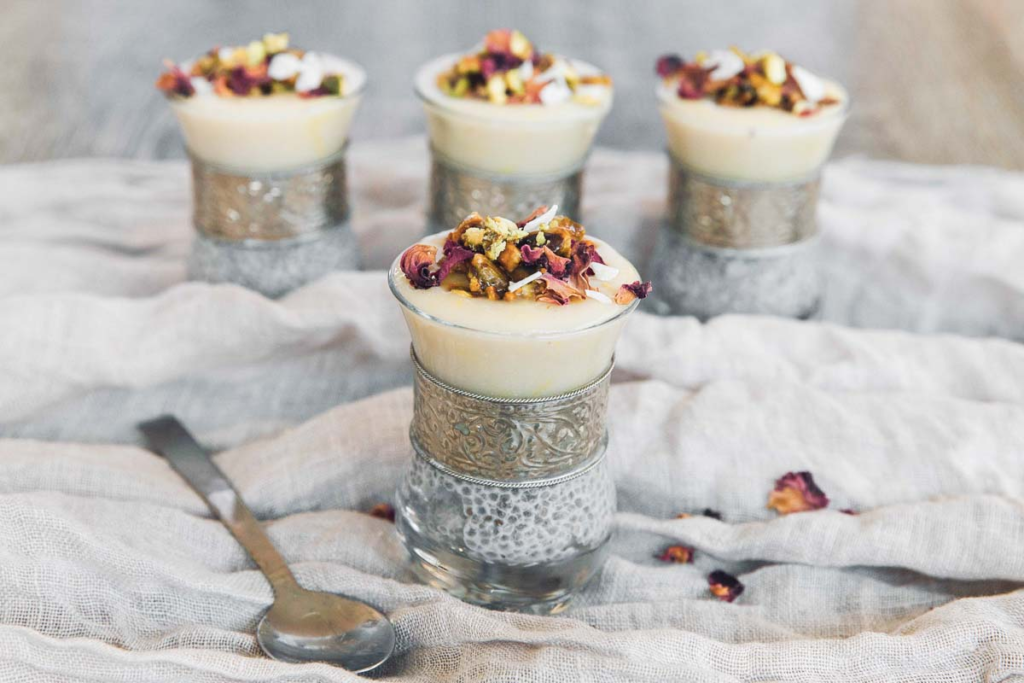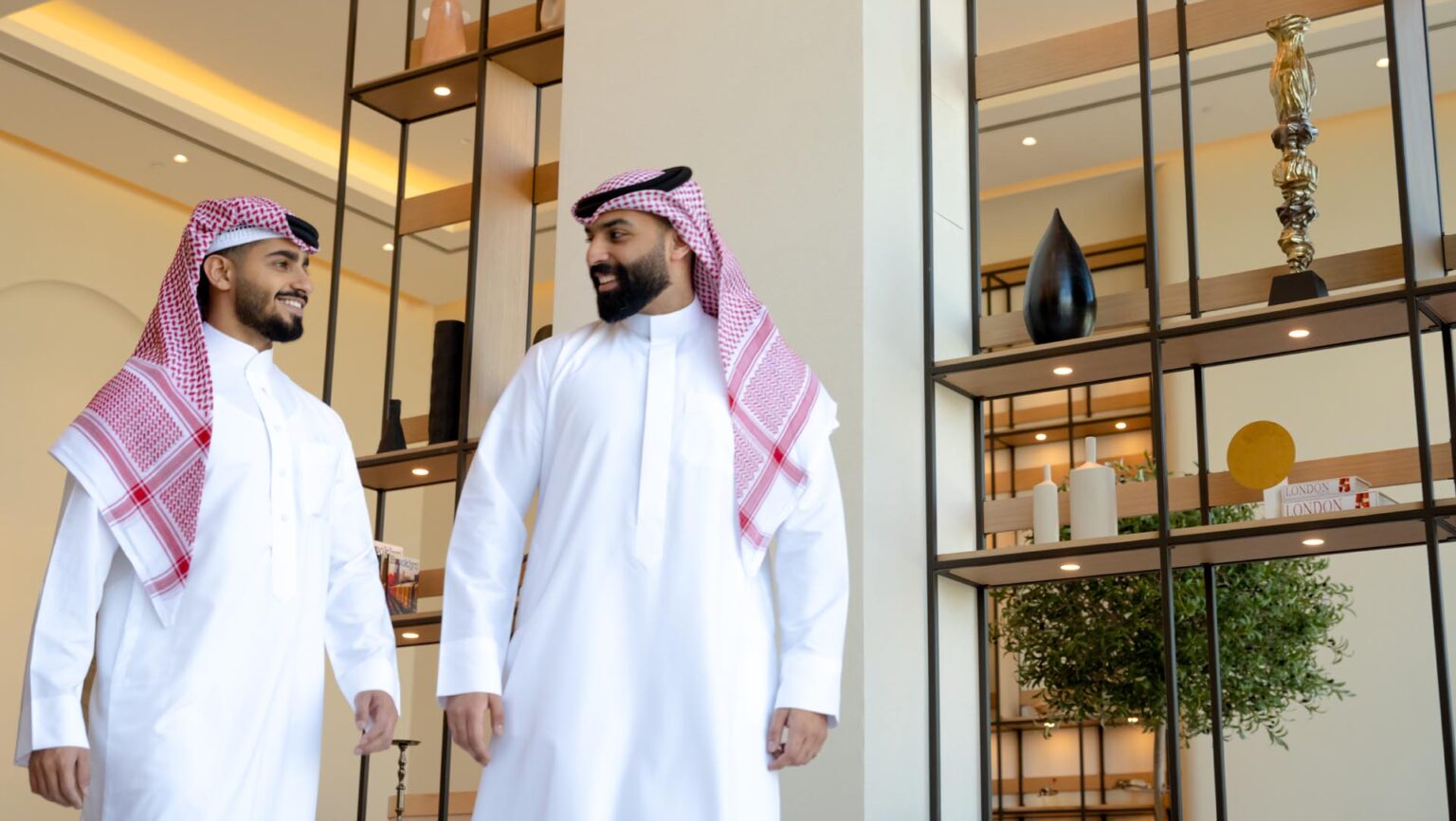The Essence of Bahrain’s Sweet Identity
Bahrain has always been known as a land of cultural richness, where traditions meet modern influences in a seamless embrace. Among the many cultural treasures the country holds, its dessert culture stands out as a vibrant example of how heritage and innovation coexist. For generations, sweet have played a central role in Bahraini life, marking celebrations, family gatherings, and religious festivities. From the aroma of saffron-infused halwa to the colorful displays of modern cakes in cafes, the story of Bahrain’s desserts is more than just about food it is about identity, memory, and evolution.
Desserts in Bahrain are not simply about indulgence; they embody values of hospitality, unity, and pride. Offering sweets to guests has long been a cherished tradition, symbolizing warmth and generosity. Yet, as the modern world reshapes lifestyles and preferences, the dessert landscape of Bahrain has evolved, taking on new flavors, global inspirations, and creative presentations. What makes this evolution remarkable is how Bahrain manages to celebrate the old while embracing the new, creating a sweet culture that feels timeless and progressive at once.
Traditional Bahraini Desserts and Their Deep Roots
The roots of Bahraini dessert culture run deep into the history of the Arabian Gulf. One of the most iconic traditional sweets is Bahraini halwa, a gelatinous dessert made from starch, sugar, saffron, cardamom, and nuts. This delicacy is not only enjoyed within households but is also gifted during weddings, religious festivals, and special occasions. Prepared in large copper pots and stirred continuously, Bahraini halwa represents patience, craftsmanship, and the importance of shared traditions.
Another beloved treat is khanfaroosh, small golden fried cakes made from flour, eggs, sugar, and flavored with rosewater or cardamom. These bite-sized delights are often associated with the joy of Eid, bringing families together around a shared platter of sweetness. Lugaimat, crispy golden dumplings drizzled with date syrup, hold a similar emotional value, as they are staples during Ramadan evenings when families gather to break their fast.
Each of these traditional desserts carries stories from the past, connecting people to their ancestors and reminding them of the cultural continuity that defines Bahraini identity. The preparation techniques, the distinct flavors of saffron, rosewater, and dates, and the act of sharing sweets with neighbors and relatives highlight a cultural rhythm that has survived generations.

The Influence of Global Flavors
As Bahrain opened its doors to global trade, tourism, and expatriate communities, its dessert culture began absorbing influences from around the world. European pastries, Asian confections, and Western cakes gradually found a place in Bahrain’s dessert scene. Today, walking through the streets of Manama or visiting a modern café, one can easily spot cheesecakes, macarons, brownies, and matcha-flavored treats sitting alongside trays of halwa and lugaimat.
This blending of flavors has not replaced tradition but has enriched it. Young entrepreneurs and bakers experiment with fusing classic Bahraini ingredients with global techniques. For instance, saffron cheesecake or date-filled chocolate bars are now popular in modern bakeries. These creations reflect Bahrain’s openness to the world, showcasing how its people can adapt and innovate while holding on to their roots.
The global influence also reflects the younger generation’s aspirations. Cafes offering stylish desserts have become popular social hubs for youth, where Instagram-worthy cakes and artisanal drinks symbolize modern lifestyle choices. At the same time, traditional dessert shops still thrive, demonstrating that Bahrainis continue to value heritage alongside modern indulgence.
The Role of Family and Community
Dessert culture in Bahrain is deeply tied to family and community. For many households, the preparation of sweets is a communal act. Recipes are often handed down through generations, and elders guide younger family members in learning the secrets of traditional cooking. In Ramadan, for example, kitchens across Bahrain fill with the scent of frying lugaimat, as family members gather to prepare large batches for neighbors and relatives.
Weddings and festivals also highlight the community’s sweet traditions. It is customary to distribute halwa or other sweets to guests as a token of joy and gratitude. In some cases, families even compete in presenting the most exquisite or abundant dessert spreads, reflecting the importance placed on hospitality and generosity.
These traditions not only strengthen familial bonds but also preserve cultural practices that could otherwise be lost in the wave of modernization. Dessert-making thus serves as both nourishment and a living archive of Bahrain’s cultural story.
Desserts as a Symbol of Celebration
Across Bahrain, no major celebration is complete without sweets. From religious events like Eid al-Fitr and Eid al-Adha to personal milestones such as weddings, births, and graduations, desserts take center stage. They represent joy, abundance, and the sweetness of life itself.
In Eid gatherings, children eagerly anticipate the array of desserts that await them after prayers. In weddings, tables overflow with trays of halwa, lugaimat, and modern cakes, symbolizing blessings for the newlyweds. During Ramadan, sweets not only provide comfort after fasting but also reflect spiritual gratitude.
These moments emphasize the symbolic role of desserts, going beyond taste to represent values of love, sharing, and cultural continuity. The act of offering a sweet is as significant as its flavor, reinforcing social ties and mutual respect within the community.
The Rise of Dessert Cafes and Modern Spaces
In recent years, Bahrain has witnessed a remarkable rise in dessert cafes and specialty bakeries. These modern spaces combine culinary artistry with aesthetic design, attracting a younger crowd eager to experience desserts as more than just food but as lifestyle expressions. From minimalist cafes serving specialty coffee with gourmet cakes to luxury dessert shops offering handcrafted chocolates, Bahrain’s dessert scene has transformed into a dynamic cultural industry.
These spaces have also become important social venues. Friends gather for coffee and dessert after work, couples enjoy date nights over shared cakes, and tourists explore Bahraini flavors in stylish modern settings. Dessert cafes are not just businesses they are cultural hubs where tradition and innovation meet in everyday experiences.
Innovation Through Fusion
What makes Bahrain’s dessert culture particularly exciting today is the fusion of tradition and modernity. Local chefs and entrepreneurs are constantly experimenting, combining traditional ingredients with contemporary techniques. Imagine halwa-flavored ice cream, date truffles coated in Belgian chocolate, or saffron crème brûlée. These creations are not only delicious but also tell a story of Bahrain’s adaptability and creativity.
Fusion desserts also appeal to younger generations, who crave novelty but still appreciate cultural roots. This innovation ensures that traditional flavors remain relevant in an ever-changing food landscape. It also highlights Bahrain’s unique position as a cultural crossroads, where East meets West in delicious harmony.
Dessert Tourism in Bahrain
As Bahrain develops its tourism sector, desserts have become an integral part of the visitor experience. Tourists exploring Manama Souq or Muharraq often encounter traditional halwa shops where artisans demonstrate the making of this iconic sweet. Food festivals showcase a wide variety of local and international desserts, attracting both locals and travelers.
For many visitors, tasting Bahraini sweets is a way of connecting with the country’s heritage. Culinary tours and food experiences are increasingly popular, with desserts serving as both an introduction to Bahraini culture and a lasting memory. The government and private sector have recognized this potential, promoting traditional and modern desserts as cultural assets that add flavor to Bahrain’s tourism identity.

The Role of Women in Preserving Dessert Traditions
Women have historically been the custodians of Bahrain’s dessert traditions. Mothers and grandmothers pass down recipes, often teaching daughters through hands-on experience in the kitchen. These lessons go beyond culinary skills they instill cultural values, patience, and the art of hospitality.
Even as modern lifestyles bring change, women continue to play a central role in preserving and innovating dessert traditions. Many successful dessert businesses in Bahrain are led by women entrepreneurs who balance traditional flavors with modern business strategies. Their creativity not only sustains cultural practices but also empowers women as leaders in the culinary industry.
The Economic Impact of the Dessert Industry
Beyond culture and celebration, Bahrain’s dessert scene also contributes to the economy. Traditional halwa shops, modern bakeries, and dessert cafes generate employment and stimulate small business growth. Entrepreneurs often start home-based dessert businesses, leveraging social media platforms to reach customers. These ventures provide both economic opportunities and avenues for creative expression.
The growing popularity of dessert tourism and modern cafes also reflects Bahrain’s strategy of diversifying its economy. By embracing food culture as part of its cultural and commercial identity, Bahrain showcases how tradition and modernity can work hand in hand for sustainable development.
Looking Ahead: The Future of Bahrain’s Dessert Culture
As Bahrain continues to evolve, so too will its dessert culture. The future holds exciting possibilities, from greater international recognition of Bahraini sweets to new fusion innovations that appeal to global tastes. However, what makes Bahrain’s dessert culture resilient is its ability to hold on to traditions while welcoming change.
Younger generations are more engaged than ever in exploring creative desserts, sharing their experiences on digital platforms, and blending heritage with global inspirations. At the same time, traditional recipes remain central to family life, ensuring that the essence of Bahraini identity is never lost.
Conclusion: A Culture That Tastes Like Home and Progress
Bahrain’s dessert culture is a living example of harmony between the past and the present. Each sweet carries stories of heritage, family, and hospitality, while also reflecting the dynamism of modern life. From traditional halwa served during festive gatherings to saffron cheesecakes displayed in trendy cafes, Bahrain demonstrates that culture can be both preserved and reinvented without losing its soul.
In every bite of Bahraini dessert lies a lesson in balance honoring traditions while embracing innovation, preserving memories while creating new ones, and sharing sweetness in ways that unite generations. This blend of tradition and modernity not only defines Bahrain’s dessert culture but also symbolizes the nation’s spirit: deeply rooted, beautifully evolving, and always welcoming.
Do follow Gulf Magazine on Instagram.
Also Read – The Rise of Modern Cafés Serving Local Bahraini Dishes



